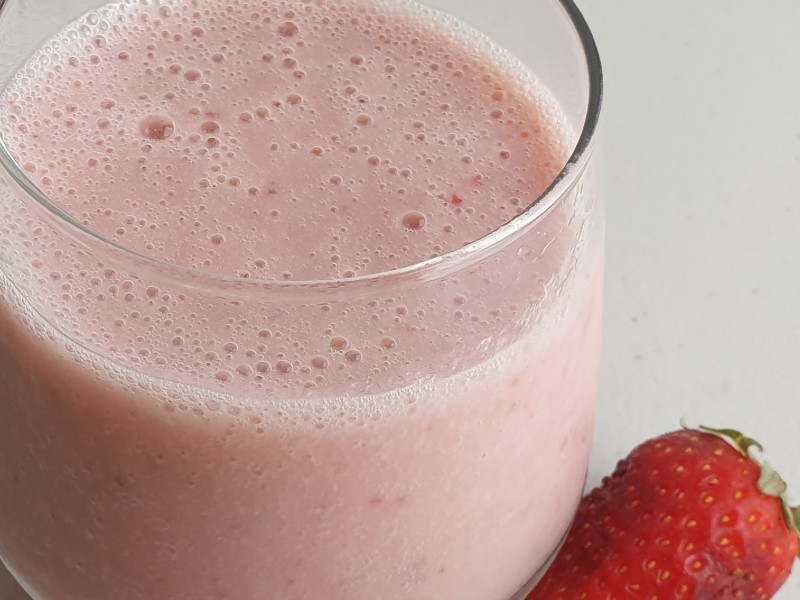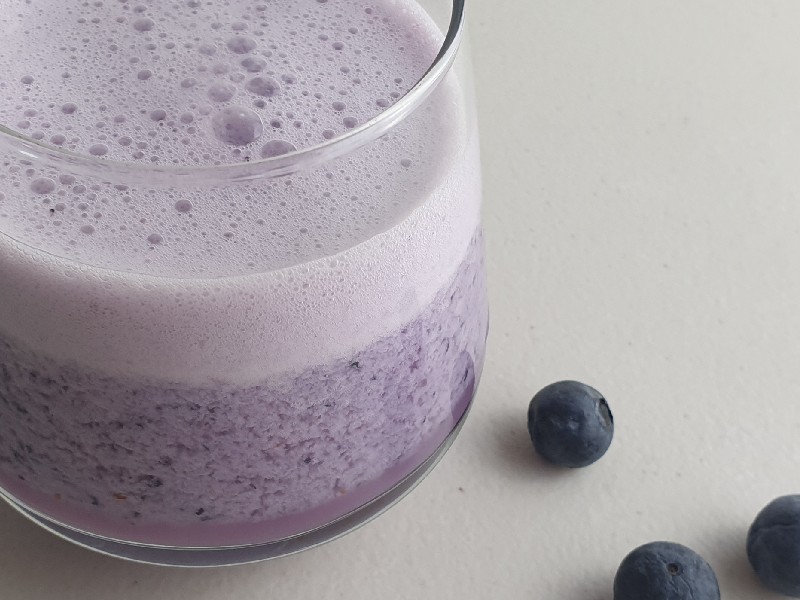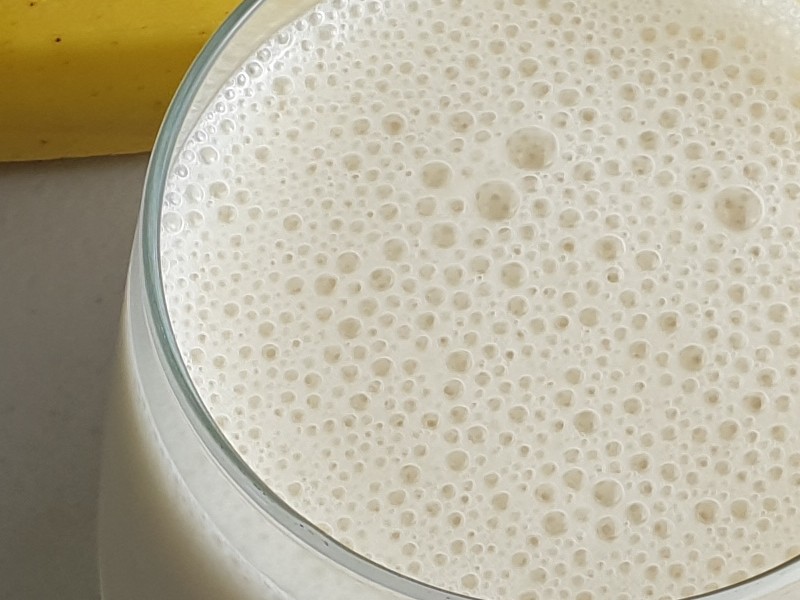
Banana
Banana
Banana, is also known as banana.
Nutritional Benefit of Bananas:
According to article by Ms.Adda Bjarnadottir (MS.RDN (Ice)) and Ms.SaVanna Shoemaker (MS.RDN.LD), updated on 29 October 2021, published on Healthline. Bananas:
1. Rich in nutrients. Bananas contain a fair amount of fibre and several antioxidants.
2. May improve blood sugar levels. Bananas are rich in soluble fibre. During digestion, soluble fibre dissolves in liquid to form a gel. Unripe bananas also contain resistant starch, which isn’t digested by your body. Together, these two types of fibre may moderate your blood sugar levels after meals. Plus, they may help regulate your appetite by slowing the emptying of your stomach. This means that despite their higher carb content, bananas won’t cause major spikes in blood sugar levels in healthy individuals. However, while people with diabetes can enjoy bananas, it’s not recommended to enjoy a large portion in one sitting.
3. May support digestive health. Dietary fibre has been linked to many health benefits, including improved digestion. One medium-sized banana provides about 3 grams of fibre. Resistant starch, the type of fibre found in unripe bananas, is a prebiotic. Prebiotics escape digestion and end up in your large intestine, where they become food for the beneficial bacteria in your gut. What’s more, pectin — a fibre found in both ripe and unripe bananas — may help prevent constipation and soften stools. Some test-tube studies even propose that pectin may help protect against colon cancer, although research in humans is still needed to confirm this benefit.
4. May aid weight loss. No study has directly tested bananas’ effects on weight loss. However, this popular fruit does have several attributes that could make it a weight-loss-friendly food.
5. May support heart health. Potassium is a mineral that’s vital for heart health, especially blood pressure management. Despite its importance, few people get enough potassium in their diet. Conveniently, bananas are a great source of potassium, with a medium-sized banana (126 grams) providing 10% of the DV. A potassium-rich diet can help lower your blood pressure. Bananas contain 8% of the DV for magnesium, another mineral that’s important for heart health.
6. Full of antioxidants. Fruits and vegetables are excellent sources of dietary antioxidants, and bananas are no exception.
7. May help you feel fuller. The soluble fibre in bananas may help keep you full by adding bulk to your digestive system and slowing digestion.
8. Unripe bananas may improve insulin sensitivity. Insulin resistance is a significant risk factor for several chronic diseases, including type 2 diabetes. Several studies reveal that regularly eating resistant starch — for example, by enjoying unripe bananas — may improve insulin sensitivity. This could make your body more responsive to this blood-sugar-regulating hormone. However, more research investigating how the resistant starch in bananas might affect insulin sensitivity is needed.
9. May improve kidney health. Potassium is vital for healthy kidney function and blood pressure regulation. As great dietary sources of potassium, bananas could be especially beneficial when it comes to keeping your kidneys healthy.
10. May support exercise recovery. Bananas are sometimes referred to as the perfect food for athletes. This is largely due to their content of easily digested carbs, as well as the minerals potassium and magnesium, both of which act as electrolytes. You lose electrolytes through your sweat during vigorous exercise. Resupplying your body with potassium and magnesium after sweating, for example by eating a banana, may reduce exercise-related muscle cramps and soreness.



